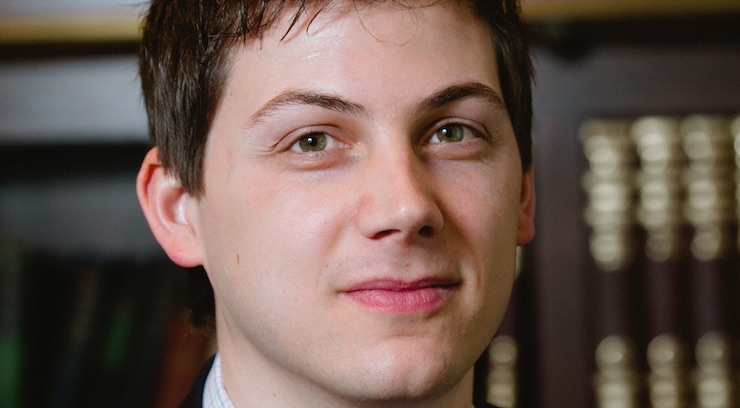Dan Cox: Acceptance Grows For All Soccer Players – Most Americans Now Approve Same-Sex Marriage
Updated – 6.26.15: Same-Sex Marriage Is a Right Says the Supreme Court – Rules, 5-4 on Friday, June 26, 2015. It is a long sought victory for gay rights. The Supreme Court rules that the U.S. Constitution guarantees a right to same-sex marriage. This decision is the end result of decades of effort and gay rights activism.
Op-Editorial on latest research – Dan Cox Reports:
While the world gradually accepts non-heterosexuals as star players in the world of sports, all to often gay and lesbian soccer players and coaches keep a low profile. Why and when will this change?
Attitudes about gay and lesbian people have shifted dramatically over the last decade. Support for same-sex marriage has steadily increased and more than 6-in-10 Americans now report they have a close friend or family member who is gay or lesbian. It certainly appears that the U.S. is approaching an “end of history” moment on the issue. Millennials, who have consistently demonstrated strong support for gay marriage, are growing in size and influence—in 2015 they will surpass Baby Boomers as the largest single generation. Their views on gay marriage and other hotly contested social questions may soon serve as the default cultural norm. Yet, despite the increasing acceptance of gays and lesbians in the U.S., openly gay professional athletes are still something of an anomaly—the NFL was without a single openly gay player until the drafting of Michael Sam in 2014.
There are three possible reasons why professional sports have so few gay and lesbian athletes. First, there may simply be a dearth of gay and lesbian athletes within the realm of professional sports. This option seems unlikely, however, as gay and lesbians would have to exceedingly underrepresented for the numbers to add up. A recent Gallup Poll found that as many as 3.5 percent of the public is gay or lesbian. This would translate into as many as 60 gay football players currently in the NFL alone.
A second reason might be that sports fans are simply not ready to cheer for gay and lesbian athletes, discouraging such athletes from coming forward. However, a recent survey conducted by Public Religion Research Institute in partnership with Religion News Service challenges this notion.
The PRRI/RNS Survey found that most Americans (73 percent) support professional teams signing gay and lesbian athletes. Even among diehard football fans support for signing gay athletes remains robust: roughly three-quarters (72 percent) of football fans say they would support their favorite team signing an openly gay player.
If fans are not the obstacle, is professional sports culture to blame? It’s certainly plausible. After coming out, Robbie Rogers, an openly gay MLS player, said he more often heard words of encouragement and support from fans than jeers or taunts. But the LA Galaxy player was highly critical of FIFA, international soccer’s governing body, for selecting Russia and Qatar, countries with strict anti-gay laws, to host the next two world Cup tournaments. “The message FIFA sends to gay athletes is painfully clear. Not only don’t they have our backs, our lives don’t matter.”
A majority (56 percent) of Americans believe that gay and lesbian athletes face a lot of discrimination in professional sports. Gay former athletes who have recounted experiencing substantial discrimination, from the front office and in the locker room, largely corroborate this perception.
There are signs this may be changing. One of the strongest predictors of one’s attitude toward gay and lesbian people is simply having a close friend or family who gay or lesbian. The same experience is likely to affect attitudes in the locker room. Erik Brady of USA Today reports that when gay athletes come out to their teammates the homophobic jokes and slurs, which once may have been common, tend to evaporate and players themselves are embraced by their teammates.






